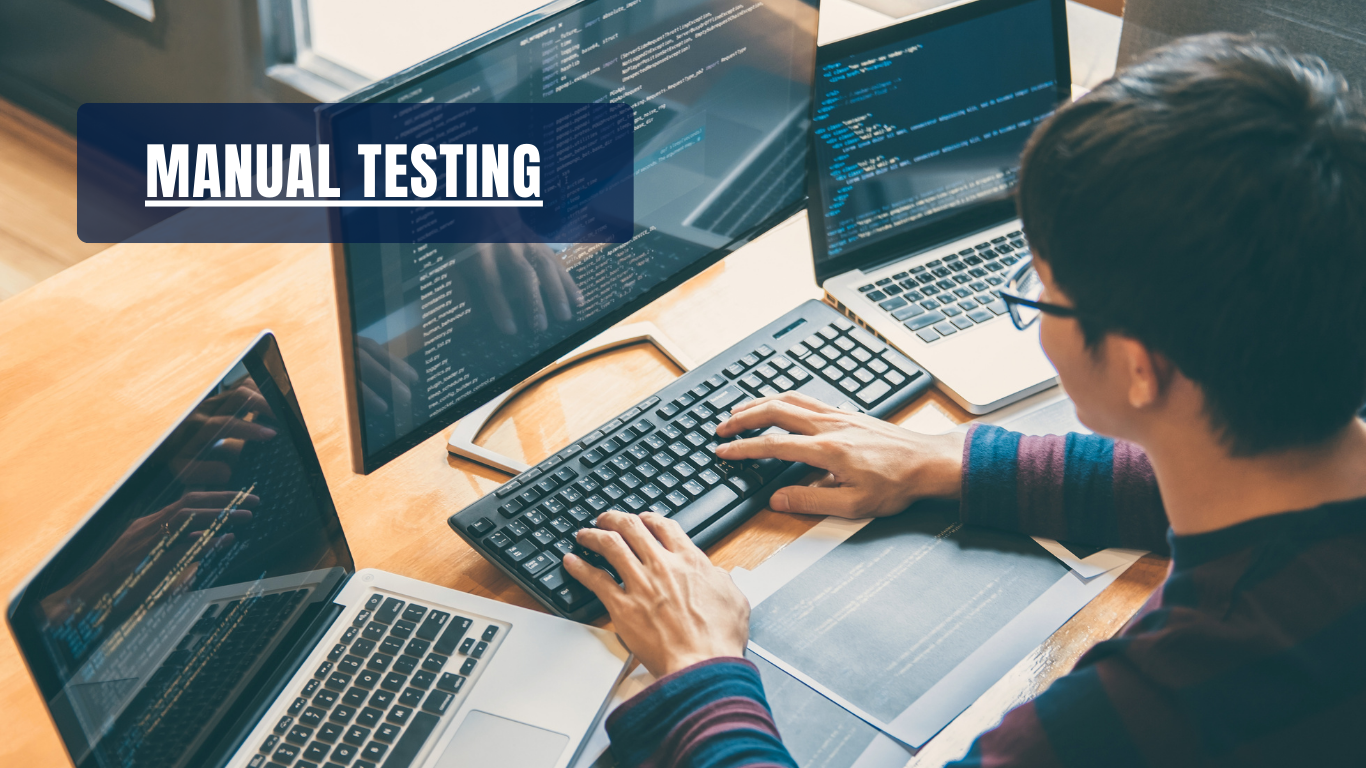
- Comprehensive Curriculum: Gain in-depth knowledge of various testing methodologies, including manual testing, automated testing, and performance testing, ensuring you are well-equipped for real-world challenges.
- Hands-On Experience: Engage in practical exercises and real-world projects that enable you to apply testing techniques using industry-standard tools like Selenium, JUnit, and TestNG.
- Career Readiness: Benefit from job placement assistance and industry-relevant certifications, positioning you for success in the rapidly evolving field of software quality assurance.
ABOUT TESTING COURSE :
Enhance your software quality assurance skills with our comprehensive Software Testing Course, covering essential methodologies such as manual and automated testing. Gain hands-on experience with industry-standard tools, ensuring you’re job-ready upon completion. Benefit from expert guidance and job placement assistance to kickstart your career in software testing.
SYALLBUS PREVIEW:
Introduction to Software Testing
- Understanding the software development life cycle (SDLC)
- Importance of testing in software development
- Types of testing: functional vs. non-functional
Manual Testing Techniques
- Test case design and execution
- Defect life cycle and reporting
- Exploratory and regression testing methodologies
Automated Testing Fundamentals
- Introduction to automation testing
- Tools overview: Selenium, QTP, and Test Complete
- Writing and executing automated test scripts
Performance Testing
- Understanding performance testing concepts
- Tools and techniques: JMeter, LoadRunner
- Analyzing performance test results
API Testing
- Introduction to API testing and its significance
- Tools and frameworks: Postman, SoapUI
- Creating and executing API test cases
Test Management and Best Practices
- Overview of test management tools (JIRA, TestRail)
- Best practices for effective testing
- Preparing for certifications and industry standards
TESTING COURSE FEE :
| Course Type | Fee (INR) | Duration | Key Features |
|---|
| Basic Package | ₹ 30,000 | 6 Months | – Introduction to testing concepts – Online training – Basic certification – Job assistance |
| Advanced Package | ₹ 50,000 | 8 Months | – In-depth training with additional certifications – Hands-on projects – 1-year access to e-learning platform – Job placement assistance |
| Professional Package | ₹ 75,000 | 8 Months | – Comprehensive curriculum with real-time projects – 120 hours of live training – Advanced certifications – Cloud lab access – Job placement support |
FREQUENTLY ASKED QUESTIONS :
What is Software Testing, and why is it important?
Software testing is the process of evaluating a software application to identify defects and ensure it meets specified requirements. It is crucial for delivering high-quality software, improving user satisfaction, and reducing maintenance costs.
What are the different types of Software Testing?
There are several types of software testing, including manual testing, automated testing, performance testing, security testing, and regression testing. Each type serves a specific purpose and ensures various aspects of software quality.
What tools are commonly used in Software Testing?
Some popular testing tools include Selenium for automated testing, JMeter for performance testing, and JIRA for test management. Familiarity with these tools is beneficial for aspiring software testers.
Is manual testing still relevant in the age of automation?
Yes, manual testing remains relevant, especially for exploratory testing, usability testing, and when automation is not feasible. Understanding manual testing concepts is essential for any software tester.
Can I transition to a career in Software Testing from a different field?
Absolutely! Many professionals transition to software testing from diverse fields. A willingness to learn and acquire relevant skills through training or self-study can help you succeed in this career.
